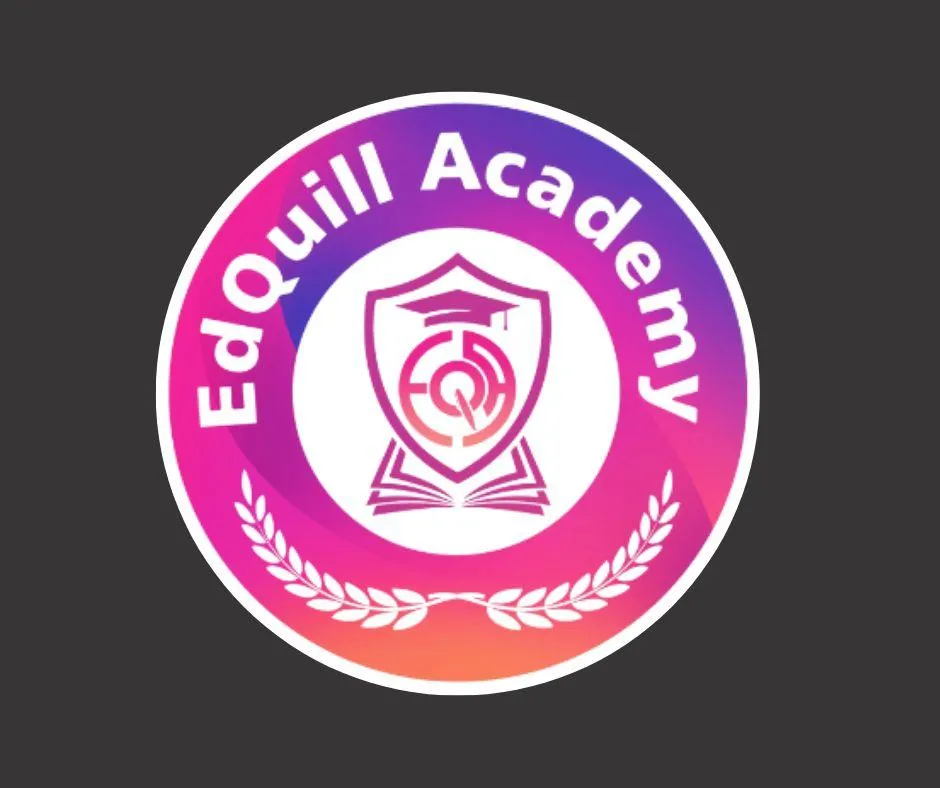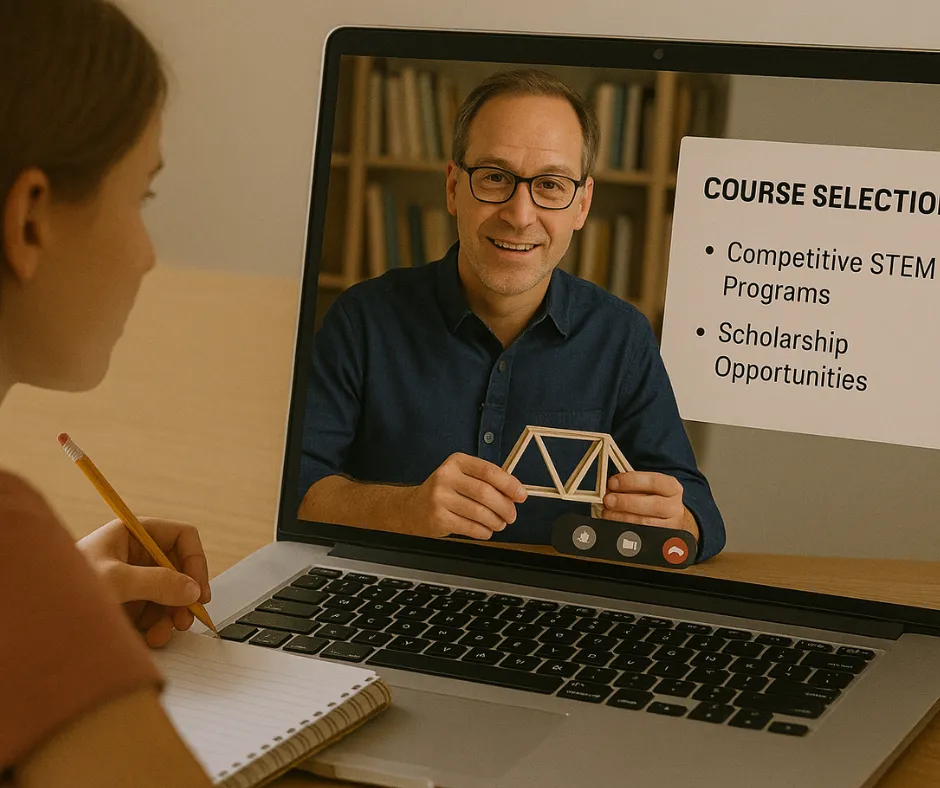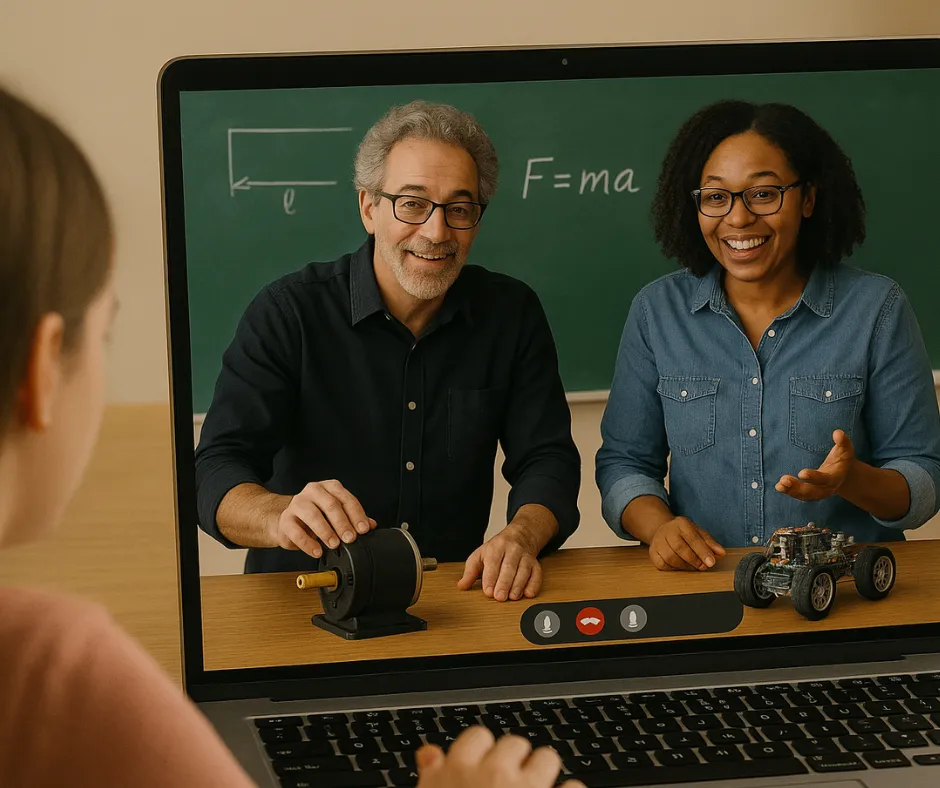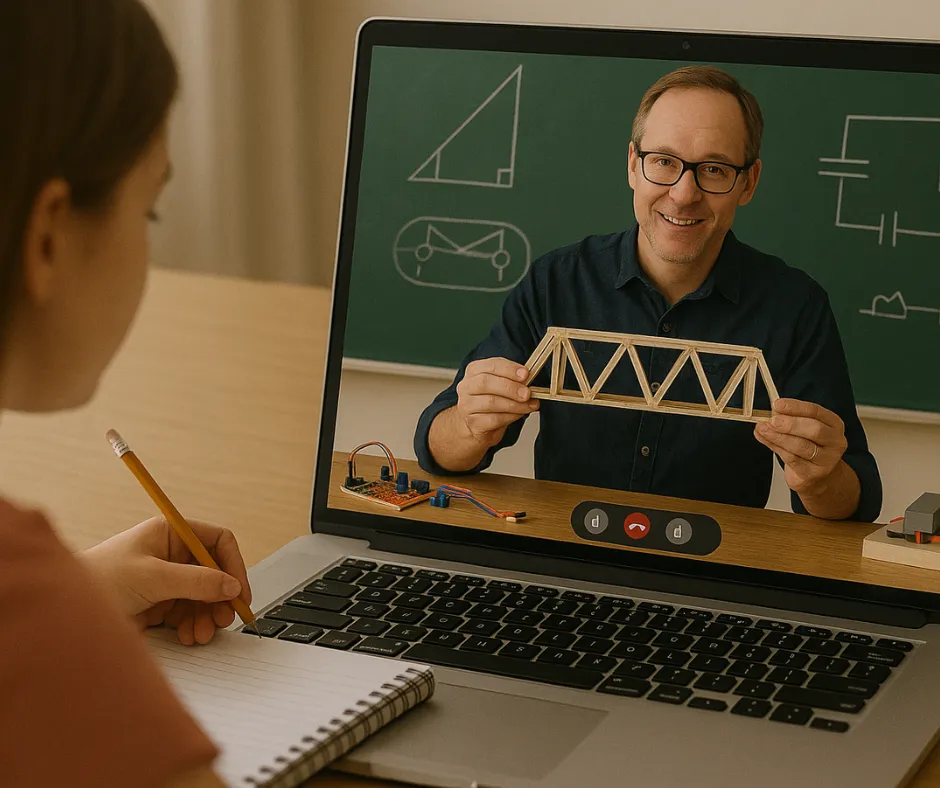A Survey of Engineering
College Is Too Expensive for Guesswork.
Help your teen test-drive engineering before choosing a college major. In one month, they’ll explore multiple engineering disciplines, and discover where their curiosity and skills truly fit.
Most students pick a college major before they truly know what the field involves. Our Survey of Engineering course lets your teen explore six branches of modern engineering so they can find their path with confidence before college begins.
Pre-Req: Have taken a physical science course and be at least enrolled in precalculus
📅 Dates: Sundays — Jan 4, 11, 18 & 25
🕘 Time: 10:00 AM – 1:00 PM EST
📍 Format: Live Online, interactive build-alongs
💲 Tuition: $400 (multi-program savings below)
Want to stay updated on our upcoming Learning Camps?
Fill out the form below to get email notifications about future programs and opportunities!
Don’t Let Your Teen Pick an Engineering Major Blindly
Most students choose a major based on limited high-school exposure then change course in college, wasting valuable time and tuition.
Our Survey of Engineering camp helps teens explore multiple branches of engineering in a structured, guided way so families make confident, informed decisions before college begins.
Clarity before college: Explore six major engineering pathways to discover what truly fits your teen’s strengths and interests.
Real-world insight: Understand how engineering principles power everything from energy and transportation to computing and healthcare.
College-ready advantage: Gain unique exposure that helps students write stronger essays and stand out in interviews.
Guided by experts: Learn from award-winning educators who make complex engineering concepts clear, engaging, and relevant.
A Guided Tour of Engineering—One Month, Four Deep-Dives
Session For Survey of Engineering:
Session 1: Core Foundations (Mechanical & Electrical)
Forces, energy, structures, sensors, circuits. Students explore how things move, how they’re powered, and how to model simple systems.
Session 2: Chemical & Nuclear Engineering
Materials, reactions, inventions, and the current status of these two cutting-edge areas of engineering..
Session 3: Aerospace Engineering
From jet propulsion to NASA, the engineering behind flight and space exploration..
Session 4: Computer Engineering
From computers to software, the engineering behind the devices and technology that play a huge part in our daily lives.
Learn by Research & Exploration
Not Just Listening
Students Will Learn To:
Understand core branches of engineering — mechanical, electrical, chemical, nuclear, aerospace, and computer.
Explore how engineers design systems and solve complex problems using physics and mathematics.
Recognize the connection between engineering disciplines and their role in advancing technology and sustainability.
Identify which field best aligns with their skills and interests for future college and career planning.
Understand core branches of engineering — mechanical, electrical, chemical, nuclear, aerospace, and computer.
Explore how engineers design systems and solve complex problems using physics and mathematics.
Recognize the connection between engineering disciplines and their role in advancing technology and sustainability.
Identify which field best aligns with their skills and interests for future college and career planning.
Dr. BRIAN SALTZER
MATHEMATICAL PHYSICIST
INSTRUCTOR
Dr. Saltzer transforms complex science into meaningful, accessible learning for young minds. With decades of university teaching and over 25 textbooks published by Pearson and McGraw-Hill, he helps students connect math, biology, and physics in ways that inspire.
National awards for excellence in STEM education
More than 25 textbooks shaping how students learn worldwide
Former university professor mentoring future scientists
Known for making abstract concepts exciting and real
Learn Through Exploration — Not Just Lectures
Students who will thrive:
Learn Through Exploration — Not Just Lectures
Explore how engineers approach real-world challenges across mechanical, electrical, chemical, nuclear, aerospace, and computer systems.
Interpret data from real engineering case studies to understand how design, safety, and efficiency influence decisions.
Compare problem-solving methods across disciplines — discovering how engineers balance creativity, cost, and sustainability.
Discuss innovations shaping the future — from renewable energy and smart infrastructure to robotics and computing.
TESTIMONIALS
What others are saying
The More They Explore, The More You Save
Engineering is one path—let your student compare it with other future-focused fields (Quantum Mechanics, Neuroscience, Genetics, Quantum Computing, College Mathematics). Bundles make exploration affordable and strategic.
Single Program
$400
1 month / 4 Sessions
Certification
Live 3-hour weekly sessions (4 total per month)
Expert instruction & interactive learning
explorer bundle
$1100
SAVE $100
Any 3 Programs
Certifications
Free 1 on 1 College Pathway Consultation
Live 3-hour weekly sessions (3 of Any Programs)
future scholar bundle
$2000
SAVE $400
Full Year (6 Programs)
Certification
Priority Access to Research Scholar Program
Live 3-hour weekly sessions
(6 Programs)
Elite STEM Camps Cost $2,000+ for One Subject. We Help Your Teen Explore Several for Less.
University-run engineering programs can cost $2,000–$4,000 per subject. Our month-long model offers expert instruction, real projects, and college-relevant exposure for a fraction of that—and lets your student compare multiple fields in one year.
💬“I wish we’d had this before my older child declared engineering and switched later. This program gave my younger one clarity—and confidence.” — Parent, NJ
STILL NOT SURE?
A SURVEY OF ENGINEERING (JANUARY)
Session 1: Mechanical and Electrical Engineering
Students explore what engineers do and how the profession shapes modern life.
They’ll learn the foundational principles that guide all engineering fields design, efficiency, safety, and sustainability.
Session 2: Chemical and Nuclear Engineering
Session 3: Aerospace Engineering
This session focuses on how chemistry and physics combine to create innovations in energy, materials, and environmental systems.
Students will also discuss how nuclear engineering contributes to medicine and clean power.
Session 4: Computer engineering
Students examine how aerospace engineers design aircraft and spacecraft, and how computer engineers develop hardware and software systems that support everything from robotics to AI.
What is the schedule and meeting location?
4 Sundays in January | 10:00 AM – 1:00 PM EST | Online | Live Interactive Session
A Survey Of Engineering:
A 4-Week Advanced Learning Group
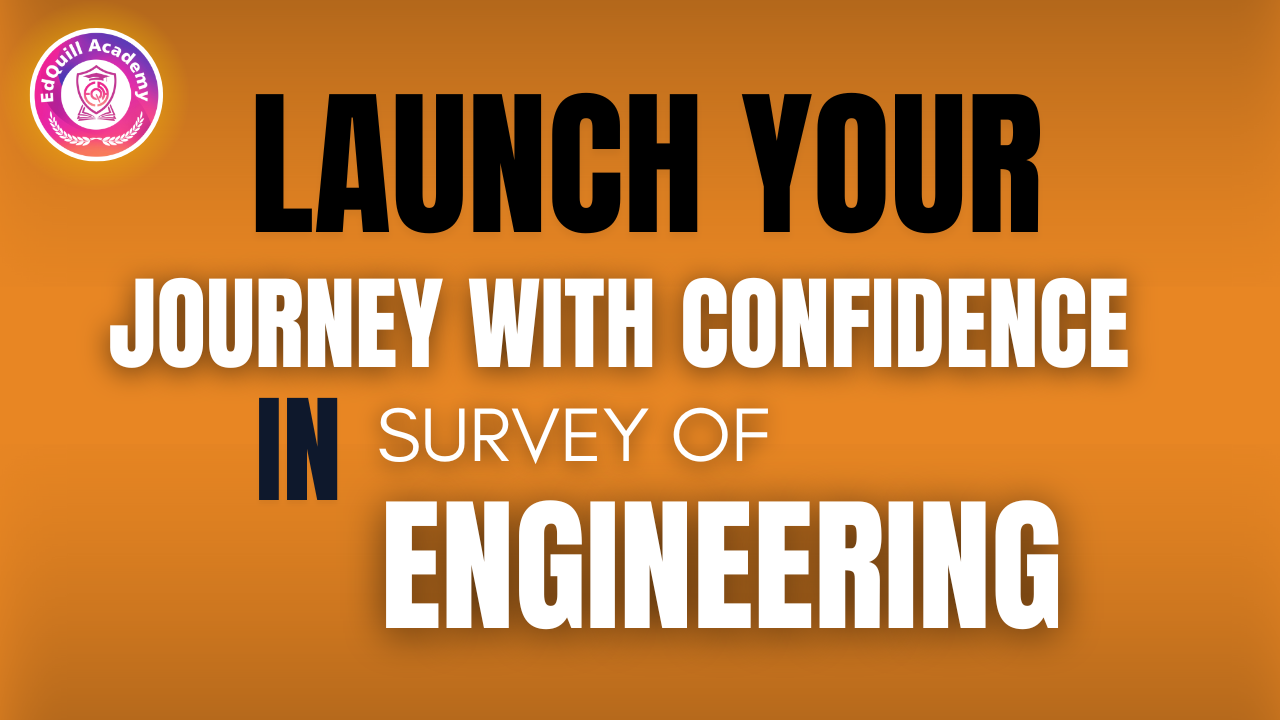
A SURVEY OF ENGINEERING
LEARNING CAMP
January | Sunday | January 4, 11, 18 & 25 |
10:00 AM – 1:00 PM EST
Live Class: Zoom link will be shared
$400/ month per camp
Session 1: Introduction to Engineering Disciplines
Session 2: Mechanical and Electrical Engineering
Session 3: Chemical and Nuclear Engineering
Session 4: Aerospace and Computer Engineering
Certificate of Completion
Expert instruction & interactive learning
Access to resources & assignments
Live 3-hour weekly sessions (4 total per month)
